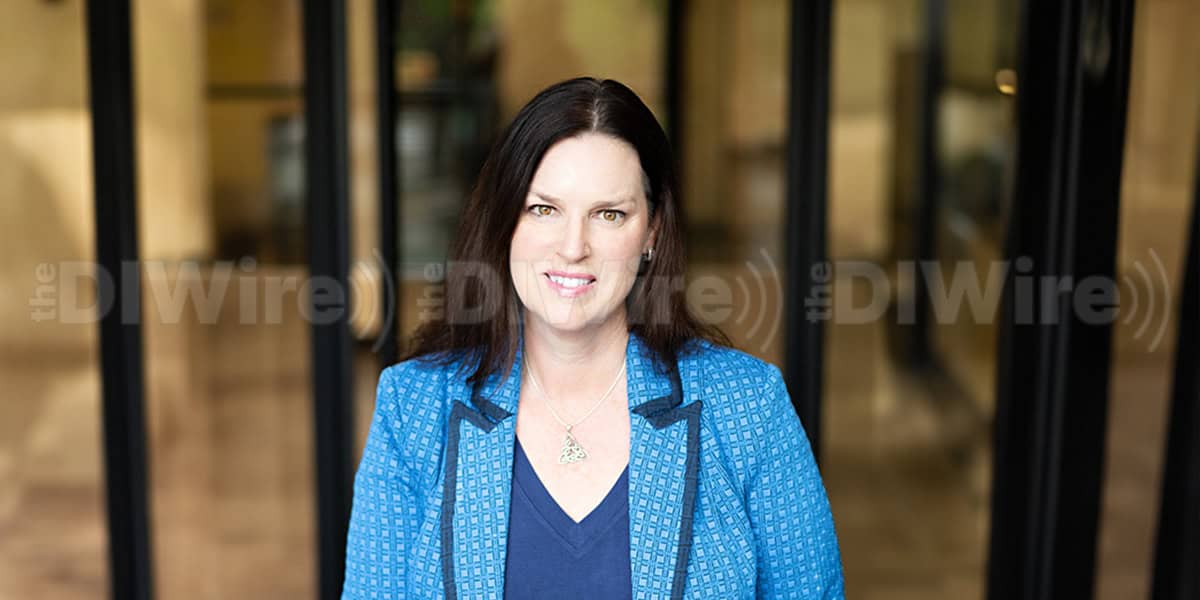Sponsored: Nine Questions Investment Managers Ask About Interval Fund Valuations

By Maureen Quill, executive vice president and executive director of registered funds, UMB Fund Services
Interval funds continue to dominate the largest unlisted closed-end funds. Earlier this year, we released a report in partnership with FUSE Research Network that included the largest unlisted CEFs by type and category. Of the 10 largest funds, eight were interval funds and two were tender-offer funds.
For many investment managers seeking to establish interval funds, valuation is the sticking point. It’s a major focus for regulators, funds, boards, auditors, and investment managers.
Not surprisingly, it’s the topic we’re asked about most as we consult with firms seeking to launch new products.
Here are answers to nine common questions about valuation to help guide investment managers’ initial explorations.
1. What valuation frequency is required for interval vs. tender-offer funds
Typically, interval funds’ offering documents specify daily purchase opportunities and quarterly redemption opportunities. Offering daily purchases means conducting daily valuations. Sometimes investment managers hope to offer an interval fund but are unable to because some assets, such as private equity, are challenging to value daily.
Tender-offer funds are often chosen for investments that are more difficult to value daily. Usually, tender-offer funds feature monthly subscriptions and quarterly tender offers – though the board of directors has ongoing flexibility about the amounts and timing of tenders.
2. Who is responsible for determining fair value?
The fund’s board of directors [is responsible]. In practice, however, a board usually delegates responsibility to the fund manager.
That’s especially true now because of Rule 2a-5 under the Investment Company Act of 1940. The rule was introduced in late 2020 and went into effect a year ago. It’s the first major update to valuation regulation in 50 years. It expressly allows the board to designate certain parties – typically the manager – to perform fair value determinations. The board, however, must maintain oversight.
3. What does Rule 2a-5 require of boards and investment managers?
The rule requires fund boards to determine what the U.S. Securities and Exchange Commission calls “fair value in good faith.” It requires use of market quotations when “readily available.” The rule establishes several required functions for boards or their delegates:
- Periodically assessing any material risks associated with the determination of the fair value of the fund’s investments and managing those identified valuation risks;
- Establishing and applying fair value methodologies;
- Testing fair value methodologies for appropriateness and accuracy; and
- Overseeing pricing services, if used.
4. What is the role of third-party valuation specialists?
Often managers (as designated and overseen by boards) engage valuation specialists to review models and valuations on a regular basis. These reviews cover both inputs and outputs.
Some funds engage valuation specialists to conduct valuations on a periodic, even daily, basis. Periodic valuations may involve all holdings, focus on only a material segment, or a rotation by which all holdings are reviewed at least annually.
5. How do traditional pricing vendors fit into current trends?
For funds using traditional pricing vendors, Rule 2a-5 also requires a regular review of the vendors and their methodologies. As a result, we have seen increased:
- Focus on documentation of valuation process and results of back testing;
- The use of vendor provided portals; and
- The review of price challenges.
6. How do annual valuation reviews and fund audits factor in?
For annual valuation reviews, we’re seeing funds intensify their focus on risk management practices and conflicts of interest in the valuation process. We are also seeing formalization of both periodic and annual material provided to boards, including via dashboard reports. Funds are ramping up their use of technology and are often adding resources to the valuation process.
Fund auditors have substantially increased their review of valuations, particularly when fund assets include alternative investments – which has led to significant increases in audit fees for these funds.
7. What is a fund administrator’s role in valuation?
The administrator’s role is to strike the net asset value for the fund by utilizing portfolio valuations provided by: (1) a pricing service such as ICE, Bloomberg, S&P Global (formerly Markit) and LSEG Data & Analytics; and/or (2) a third-party valuation agent or the adviser, as indicated by the fund’s valuation policy. The administrator does not provide valuation services.
8. What is the fund sponsor’s role in valuation?
The fund sponsor – typically the adviser – takes a lead role in implementing the valuation policy as it’s the most familiar with the underlying portfolio holdings. Typically, the board will designate the fair value determinations to a “valuation designee” from the adviser.
9. Who writes the valuation policy?
The fund’s chief compliance officer, along with its valuation designee, typically drafts the valuation policy with significant inputs from the adviser, counsel, auditors and third-party valuation agents, if applicable.
If you are considering launching an unlisted closed-end fund and would like to further discuss valuation and other considerations, we welcome your inquiry.
Maureen Quill is executive vice president and executive director of registered funds at UMB Fund Services. She leads the fund accounting, administration, and transfer agency while building an operationally efficient and leading-edge fund servicing offering.
UMB Fund Services is a leader in unlisted closed-end fund servicing, offering a unique servicing technology and a start-up platform both designed specifically for unlisted closed-end funds. We offer a broad array of services for mutual funds and alternative investments, including turnkey solutions, to help clients bring new products to market and position themselves for future growth.
UMB is a sponsor of The DI Wire, and the article was published as part of their standard directory sponsorship package.
For more UMB news, please visit their directory page.


